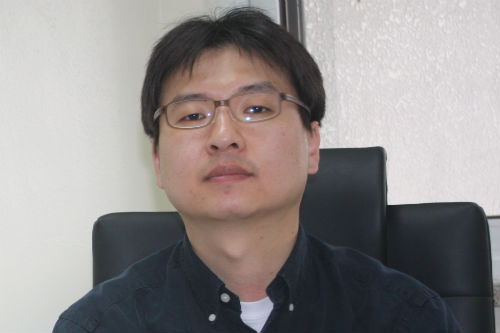대학문화와 공모전
A full-scale university entrance war just began as the SAT was over. I have recently learned through an interview with an applicant in my department that these days, high school students already attend a private institution for certain skills in order to acquire their desired jobs, such as cabin crew. I felt uncomfortable with knowing this fact because I think it is too early to attend a private institution to learn those skills unlike art and athletic fields which do need an early and long-term training. Although high school students fortunately enter a university, which is at the risk of descending to a career training center, they will be placed in a more tense battle for a job. These are not good for both universities and students.
These concerns are closely related to the competition occupying a significant part of university culture. As difficult as it is, finding a job and pragmatism became a core of the university culture since the 2000s, when university students became mainly interested in jobs, experience, careers, and company culture. Thus the competition is a perfect opportunity for those who want to know the corporate culture and wish to experience the companies early. The competition could also lead to a self-development and employment. Accordingly, local university students’ participation seems high in that there is a belief that they will be evaluated by their genuine abilities, not the name of universities.
However, it should be admitted that there is also a negative aspect of the competition in relation to the so-called “spec building“. In other words, some students tend to thoughtlessly seek the competition rather than trying to achieve their dreams themselves in a tough battle to find a job. Although students may learn the spirit of cooperation by participating in the competition, it could also hurt learning environment. I often worry that they could forget about their genuine dream by aimlessly seeking trivial qualifications which are largely unrelated to their dreams.
Despite these concerns, the competition is likely to be more highlighted as a breakthrough of business strategic communication because it is the most affordable and useful program in the paradigm shift from the knowledge society to the era of ideas. In particular, the advancement of media technology has been playing a key role in this paradigm shift. Therefore, information should be shared to create and add values in the media ecosystem in which anyone can produce and share information. In line with these shifts, business prefers the competition because it plays a role as a communication window with young people who are the protagonist of this new media ecosystem.
University students should try to find a different way using the competition as a springboard with an added effort not to be subsumed in the corporate culture across the university. For example, they can grow as a future leader of our regional community by planning a project associated with the development of community as much as they have done for the corporate competition. I respect the effort for the corporate ambitions to go along with the university, but the corporate culture cannot replace university culture. University culture is the output of making efforts to find 'the other way', which is the exact reason for a university to be.
Note. The column was translated in English from an original column written by the author and appeared on an exemplary newspaper produced for a newspaper practicum in the Department of Communication.

Kim Kyun-soo
Assistant Professor
Dept. of Communication

